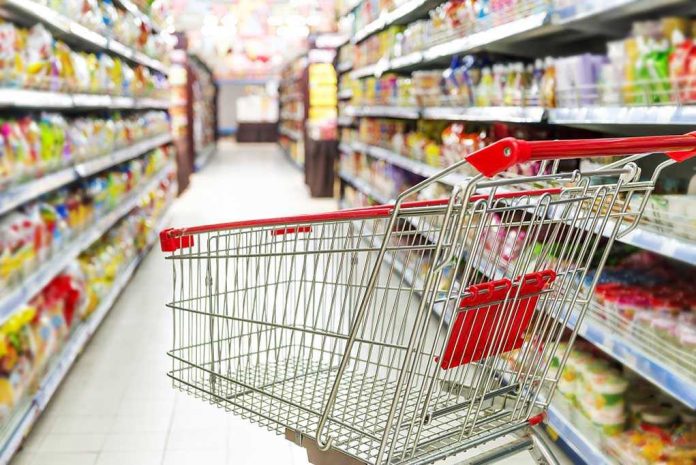
Coca-Cola’s Topo Chico recall has left countless Americans shaking their heads, wondering how one of the world’s biggest beverage giants can let contaminated bottled water slip through its cracks—right when we’re told to trust “the experts” and regulators to keep us safe.
At a Glance
- Coca-Cola voluntarily recalled 241 cases of Topo Chico Mineral Water after potential bacterial contamination was discovered
- The recall affects products sold in five states: Arizona, Louisiana, Nevada, New Mexico, and Texas, including select Costco and Sam’s Club stores
- No illnesses have been reported, but the risk is highest for individuals with weakened immune systems
- The FDA classified the recall as Class II, meaning health consequences are possible but not likely to be severe
Bottled Water Recall: When “Trust Us” Goes Flat
Americans depend on basic products like bottled water being safe to drink—especially when they come from a brand as massive and supposedly reputable as Coca-Cola. Yet, as of May 28, 2025, the company yanked 241 cases of Topo Chico Mineral Water from shelves across five states after a distributor flagged possible contamination with Pseudomonas bacteria. This is the same Coca-Cola that tells us they’re “committed to quality,” but somehow, a bacteria that can pose health threats made it into glass bottles and into the hands of American consumers. Does anyone else see the irony here? We’re told to trust these corporations and regulators, but time and again, something goes wrong.
The recall targeted Arizona, Louisiana, Nevada, New Mexico, and Texas, with about 40 retail locations—primarily Costco and Sam’s Club—implicated. Not exactly a “small” slip-up. The FDA stepped in, classifying the recall as “Class II”—which is government-speak for “it probably won’t kill you, but you might get sick, especially if you’re not healthy to begin with.” The recall covers 16.9 fl oz glass bottles from specific lots. And while Coca-Cola’s PR machine wants everyone to know they “acted swiftly,” the bottom line is that contaminated water reached shelves in the first place.
Corporate Spin and Government Oversight: Who’s Looking Out for the American Consumer?
Coca-Cola’s official statement practically reads like a parody: “The safety and quality of our products is our top priority.” If that were truly the case, would 241 cases of potentially bacteria-laced mineral water ever make it into consumers’ hands? The FDA, for its part, assigned the recall a “Class II” risk and assures everyone that the risk of serious illness is “remote.” For healthy individuals, exposure is unlikely to cause more than temporary discomfort. But for immunocompromised Americans—think elderly, chronically ill, or those undergoing cancer treatments—the consequences could be more severe.
The company says all “impacted product has been removed from store shelves.” Retailers like Costco and Sam’s Club had to manage the recall logistics and customer returns, all while facing questions from families who expected something as basic as bottled water to be safe. Fortunately, as of June 25, 2025, no illnesses have been reported. But when you’re dealing with something as fundamental as drinking water, isn’t “no news” hardly the reassurance we deserve?
The Real Cost: Public Trust, Accountability, and the American Family
Incidents like this Topo Chico recall might seem minor in the grand scheme—after all, it’s “only” 241 cases, “only” five states, and “no one’s sick”—but they erode the public’s trust in both corporate America and government regulators. Americans have watched as basic safeguards erode, as accountability gets lost in a haze of PR statements, and as the people in charge seem to shrug off their failures with “voluntary recalls” and “limited scope” reassurances.
The economic cost to Coca-Cola is negligible, but the greater price is paid by families who are left to wonder: If they can’t even guarantee the safety of bottled water, what’s next? The incident drives home the need for robust quality testing, actual transparency, and—most of all—real consequences when the system fails. Instead, we get a system where the best we can hope for is that the recall works before anyone gets sick. If you’re looking for confidence in the experts and the system, you won’t find it in a bottle of Topo Chico this summer.



